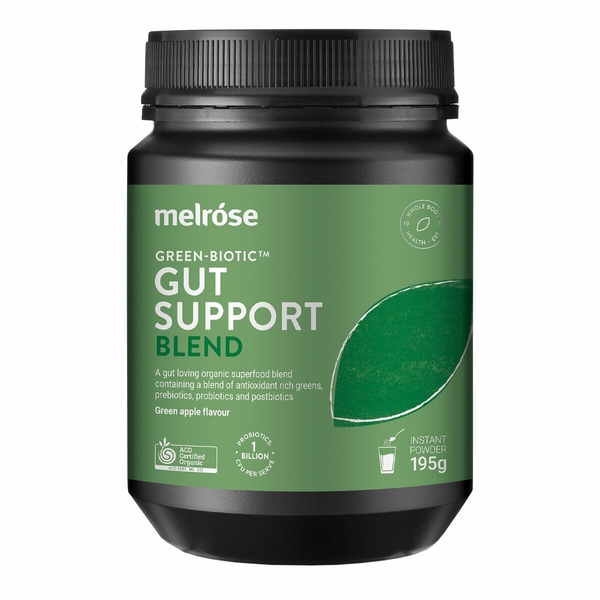
Agave
Scientific names: Agave americana
Family: Asparagaceae/Agavaceae
Alternate names: American Agave, American Aloe, Amerikanische Agave, Century Plant, Garingboom, Hundertjährige Agave, Maguey, Pita Común, Pite, Spreading Century Plant, Wild Century Plant
Actions: Anti-inflammatory, Antineoplastic, Uterotonic
Background
Agave (Agave americana) is a plant found in southwestern US and Central and South America. It has thick, rigid leaves that form the shape of a rosette.
Some chemicals in agave might reduce swelling and prevent the growth of some cancer cells. Some chemicals might also cause the uterus to contract.
People use agave for constipation, cancer, male-pattern baldness, diarrhea, and many other conditions, but there is no good scientific evidence to support these uses.
Some chemicals in agave might reduce swelling and prevent the growth of some cancer cells. Some chemicals might also cause the uterus to contract.
People use agave for constipation, cancer, male-pattern baldness, diarrhea, and many other conditions, but there is no good scientific evidence to support these uses.
Safety Safety definitions
When taken by mouth: There isn't enough reliable information to know if agave is safe or what the side effects might be.
When applied to the skin: Fresh agave is possibly unsafe. Exposure to the fresh agave plant may cause swelling and redness, skin sores, and swelling of small blood vessels within minutes to hours of exposure. The sap appears to be the most irritating part of the plant.
Breast-feeding: There isn't enough reliable information to know if agave is safe to use when breast-feeding. Stay on the safe side and avoid use.
When applied to the skin: Fresh agave is possibly unsafe. Exposure to the fresh agave plant may cause swelling and redness, skin sores, and swelling of small blood vessels within minutes to hours of exposure. The sap appears to be the most irritating part of the plant.
Special Precautions & Warnings:
Pregnancy:Taking agave by mouth during pregnancy is likely unsafe. It might stimulate the uterus and cause contractions.Breast-feeding: There isn't enough reliable information to know if agave is safe to use when breast-feeding. Stay on the safe side and avoid use.
Effectiveness
Effective Effectiveness definitions
There is interest in using agave for a number of purposes, but there isn't enough reliable information to say whether it might be helpful.
Dosing & administration
There isn't enough reliable information to know what an appropriate dose of agave might be. Keep in mind that natural products are not always necessarily safe and dosages can be important. Be sure to follow relevant directions on product labels and consult a healthcare professional before using.
Interactions with pharmaceuticals
It is not known if this product interacts with any medicines.
Before taking this product, talk with your health professional if you take any medications.
Before taking this product, talk with your health professional if you take any medications.
Interactions with herbs & supplements
There are no known interactions with herbs and supplements.
Interactions with foods
There are no known interactions with foods.
Products
View all productsPer 6 g (Green Apple):
- Agave sp. (Agave)
- Green banana starch 654 mg
- Wheatgrass powder 654 mg
- Hordeum vulgare (leaf) powder (Barley) 654 mg
- Green lentil
- Mung bean (sprout)
- Spinacia oleracea
- Acacia sp. 1.99 g
- Bacillus subtilis 1 billion CFU
- Brassica oleracea var. acephala (leaf) powder (Kale)
- Cucurbita pepo (seed)
- Linseed
- Chia (seed)
- Cynara scolymus
- Taraxacum officinale (root)
- Petroselinum crispum
- Chlorella vulgaris 450 mg
- Apple flavour
- Citric acid anhydrous
- Siraitia grosvenorii (Monk fruit)
- Arthrospira platensis (Spirulina) 228 mg
RRP: $35.95$28.76Save: 20%
Create account
vital.ly has licensed monographs from TRC Healthcare.
This monograph was last reviewed on 17/12/2024 11:00:00 and last updated on 01/01/2021 03:03:20. Monographs are reviewed and/or updated multiple times per month and at least once per year.
Natural Medicines disclaims any responsibility related to medical consequences of using any medical product. Effort is made to ensure that the information contained in this monograph is accurate at the time it was published. Consumers and medical professionals who consult this monograph are cautioned that any medical or product related decision is the sole responsibility of the consumer and/or the health care professional. A legal License Agreement sets limitations on downloading, storing, or printing content from this Database. No reproduction of this monograph or any content from this Database is permitted without written permission from the publisher. It is unlawful to download, store, or distribute content from this site.





